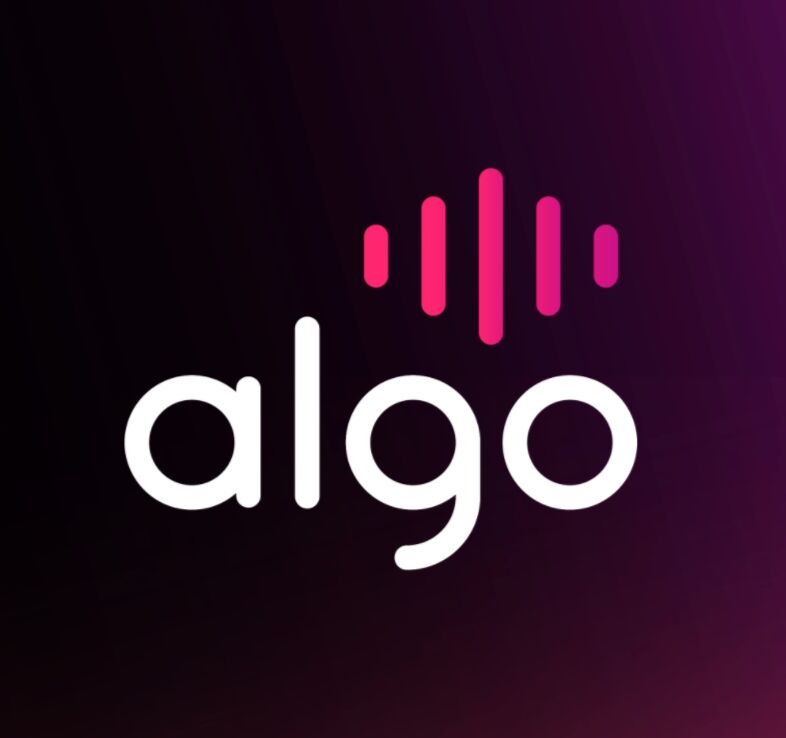As your business grows, you face mounting pressure: fiercer competition, evolving customer expectations, and the constant threat of supply chain disruptions. Inventory management becomes increasingly complex, and the technology you rely on needs to keep pace. Unfortunately, many businesses find their legacy systems falling short.
While most companies rely on ERP systems for core functions like finance, HR, and basic inventory tracking, these systems often lack the granular control, advanced analytics, and predictive capabilities needed to effectively manage inventory in today’s dynamic environment.
Why Having an ERP Is Not Enough to Optimize Your Supply Chain
ERP systems play a vital role in managing supply chains by centralizing and integrating data across various business functions. Think of your ERP as a Swiss Army knife – great for general tasks, but not ideal for specialized jobs. While ERPs centralize data, their basic forecasting and inventory tools often can’t handle the complexities of modern supply chains. This leads to:
- Inaccurate forecasting: Leading to stockouts, overstocking, and lost sales.
- Poor inventory visibility: Making it difficult to track inventory levels and movement across the supply chain.
- Inefficient replenishment: Resulting in delays, increased costs, and missed opportunities.
- Lack of agility: Hampering the ability to respond quickly to changes in demand or supply chain disruptions.
To truly optimize your inventory management, you need an inventory management solution that combines the core functionality of an ERP with the specialized capabilities of advanced planning tools.
Demand Planning Software: A Deeper Dive
While ERPs provide a solid foundation for managing your business, they often lack the specialized tools needed for optimal supply chain planning. That’s where dedicated supply chain software comes in. These solutions offer:
- Advanced Forecasting: Leverage sophisticated algorithms and AI to generate more accurate forecasts, considering factors like seasonality, promotions, and even social media trends.
- Optimized Inventory: Determine ideal inventory levels, minimizing holding costs and reducing waste from stockouts or overstocking.
- Streamlined Replenishment: Automate purchasing and ensure the right products are available at the right time.
- Increased Agility: Model different scenarios, simulate disruptions, and adjust plans quickly to respond to unexpected events.
- Improved Collaboration: Facilitate seamless communication and coordination with suppliers, manufacturers, and distributors.
Should You Stick with Your ERP Or Combine It With a Supply Chain Planning Solution?
It’s a common question for businesses looking to optimize their supply chain. Generally speaking, there are a few things to consider when making this decision:
- Does your business operate in a complex supply chain network with challenging demand patterns?
- Do you need advanced forecasting, scenario planning, or replenishment capabilities?
- Do you already have an ERP but find its supply chain features insufficient?
- Are you looking for faster ROI on supply chain-specific challenges?
If the answer to any of those questions are “yes”, then it is time to look for a supply planning solution.
| When to Stick with Your ERP | When to Stick with Your ERP |
|
|
|
|
|
|
|
|
|
While ERPs play a vital role in managing various business functions, they often fall short when it comes to meeting the complex demands of modern supply chains. Specialized supply chain planning solutions offer advanced capabilities, AI-powered tools, and industry-specific features that can significantly improve forecast accuracy, optimize inventory, enhance agility, and drive efficiency.
By carefully evaluating your needs and considering the factors outlined in this post, you can make an informed decision about whether a dedicated supply chain planning solution is the right choice for your business.
Ready to take your supply chain planning to the next level? Contact Algo for a free consultation.
About the author

Algo
Combining human centered AI with deep domain expertise, Algo’s analytics enriched supply chain intelligence platform helps suppliers and retailers plan, collaborate, simulate and execute a more efficient supply chain.


